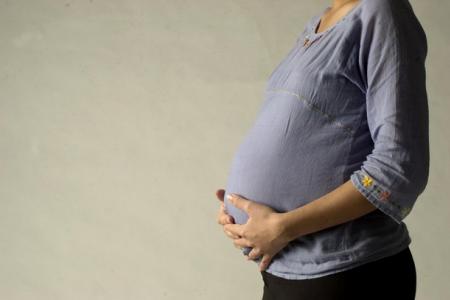Older mums tend to live longer, study finds
A silver lining for some older moms: women who are able to naturally have children later in life tend to live longer.
A study published Wednesday found that women who are able to have children after age 33 – without using drugs or other infertility treatments – have a greater chance of living longer than women who had their last child before 30.
The results of the Boston University School of Medicine study are consistent with other findings on the relationship between maternal age at birth of last child and what researchers consider exceptional longevity – generally living until 95 or older.
“We think the same genes that allow a woman to naturally have a kid at an older age are the same genes that play a really important role in slowing down the rate of aging and decreasing the risk for age-related diseases, such as heart attacks, stroke, diabetes and cancer,” said Thomas Perls, a professor who specializes in geriatrics at Boston University Medical Center, and a principal investigator of the study.
Perls cited Hollywood actress, Halle Berry, who had her second child at age 46, as an example of someone who probably has those genes. “She thought she was going through menopause and she didn’t understand why she had to keep changing her dress size.”
The study was based on analysis of data from the Long Life Family Study, a genetic study of 551 families with many members living to exceptionally old age. Boston Medical Center , the teaching hospital affiliate of the Boston University School of Medicine, is one of four study centers that make up the Long Life Family Study.
Investigators determined the ages at which 462 women had their last child and how old those women lived to be. The research found that women who had their last child after the age of 33 had twice the odds of living to 95 years or older compared with women who had their last child by age 29. Of the 462 women, 274 had their last child at or after age 33.
Perls stressed that women should not take the study findings and purposely delay when to have their children. Researchers don’t know if any of the offspring in the study had congenital problems. Doctors generally advise women that the risk of congenital problems increase with the older age of the mother.
“In our case, these are all women with longevity running in their families, so we don’t know if it’s the same risk or not,” Perls said.
- Washington Post
Get The New Paper on your phone with the free TNP app. Download from the Apple App Store or Google Play Store now


